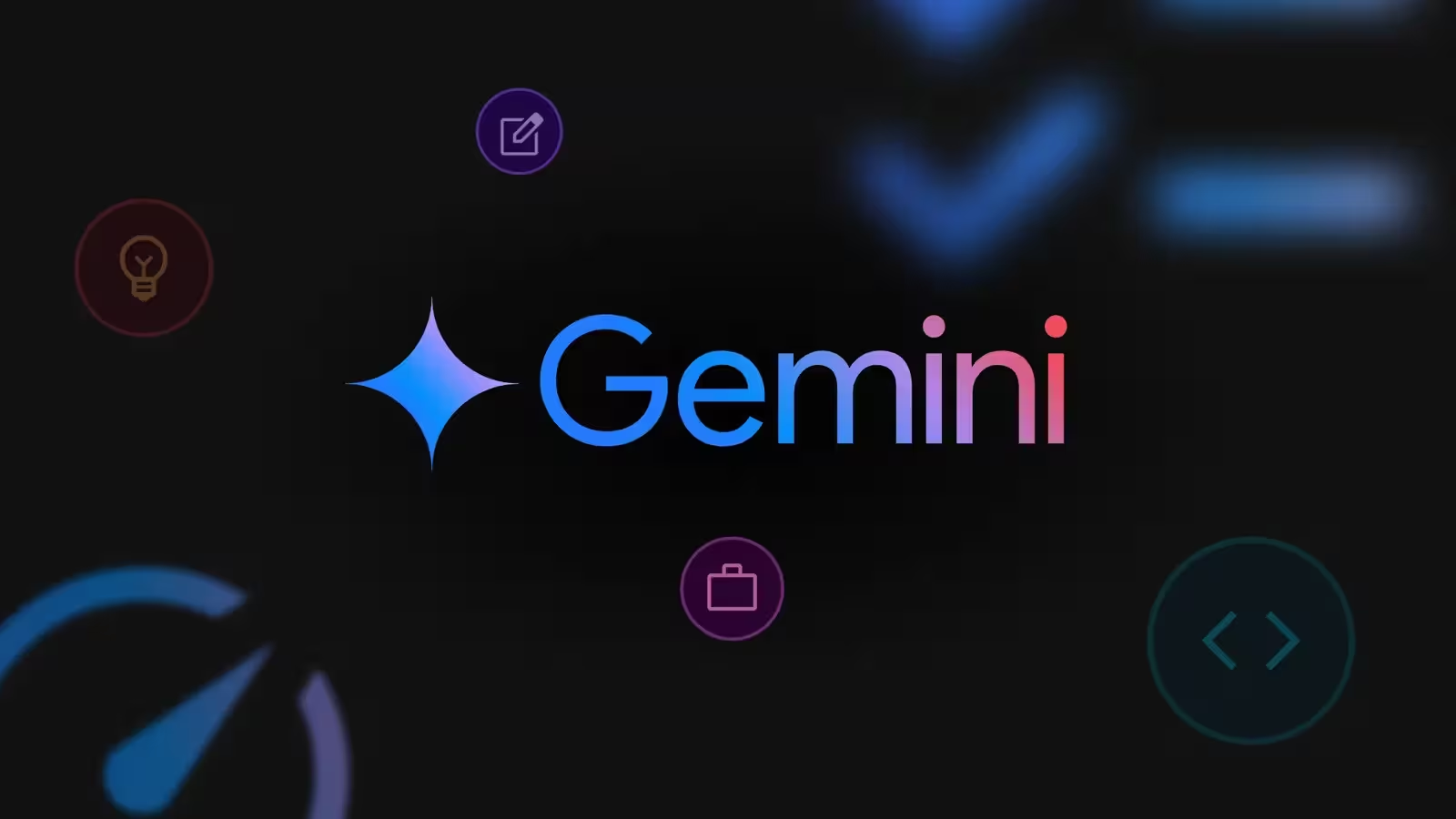4 Minutes
Overview: Gemini adds persistent memory to personalize conversations
Google is rolling out a memory feature for Gemini that lets the AI assistant reference your previous conversations to tailor future interactions. For now, this personalized memory is available to Gemini 2.5 Pro users and is switched on by default. That means Gemini can recall your preferences, writing style, favorite channels, and other personal details to make responses more relevant without repeated reminders.
Key product features
Persistent memory and integration
Gemini’s memory can store contextual details from your chats and combine them with native access to Google services such as Gmail, Calendar, and Google Docs. This integration makes it easier for the assistant to draft emails in your voice, suggest calendar planning that aligns with your schedule, or pull information from documents when answering questions.
.avif)
Settings and privacy controls
Memory is enabled by default, but users can disable it. In the app settings, under Personal context, toggle the 'Your past chats' option off to stop Gemini from saving and referencing prior conversations. A renamed setting, Keep Activity (previously Gemini Apps Activity), controls whether files and photos you upload may be used to help train Gemini and other Google services. You can opt out of that data use there.
Temporary Chat: an incognito mode
Recognizing privacy concerns, Google introduced Temporary Chat, a one-off conversation mode that does not save messages to your history, does not appear in activity logs, and is not used to train Gemini. Temporary chats are held for a 72-hour safety review window and then deleted permanently unless you submit explicit feedback about the interaction. This feature is ideal for sensitive or ephemeral queries that you do not want retained.
Comparisons and market context
How Gemini stacks up to other AI assistants
Gemini’s memory is similar in concept to features offered by other AI chatbots, like ChatGPT’s memory tools. The notable difference is Gemini’s native access to Google apps, granting deeper integration with email, calendar events, and documents. Meanwhile, ChatGPT has introduced account linkages to external services, but the seamless connection to Gmail, Calendar, and Google Docs gives Gemini an advantage for users already embedded in Google Workspace.
Why memory matters to AI development
AI developers view memory as essential for evolving chatbots from single-session tools into persistent conversational partners. Without memory, AI assistants can feel like clever parrots that repeat information but lack contextual continuity. With memory, assistants can provide more actionable, personalized help while balancing the tradeoffs between convenience and user privacy.
.avif)
Advantages, use cases, and practical examples
- Productivity: Gemini can draft emails in your preferred tone, pull relevant dates from Calendar, and summarize documents from Google Docs.
- Personalization: The assistant can suggest content and recommendations based on your previously expressed interests, such as favored YouTube channels or party themes.
- Privacy-aware interactions: Temporary Chat enables on-demand privacy for sensitive queries, from medical questions to confidential brainstorming.
- Developer and enterprise relevance: For businesses, the combination of context-aware responses and Google Workspace integration supports workflows in customer support, content creation, and knowledge management.
Takeaways and market relevance
Google’s approach balances the desire to make Gemini a long-term conversational partner with user-facing privacy controls. By defaulting memory on, Google nudges users toward persistent personalization, but features like the Temporary Chat and clear toggles for data use let people opt out when needed. As AI assistants aim to become more embedded in daily workflows, the market will reward solutions that deliver practical integration and strong privacy controls. Whether that shift feels empowering or intrusive will depend on user expectations and how clearly companies communicate data practices.
Source: techradar


Leave a Comment